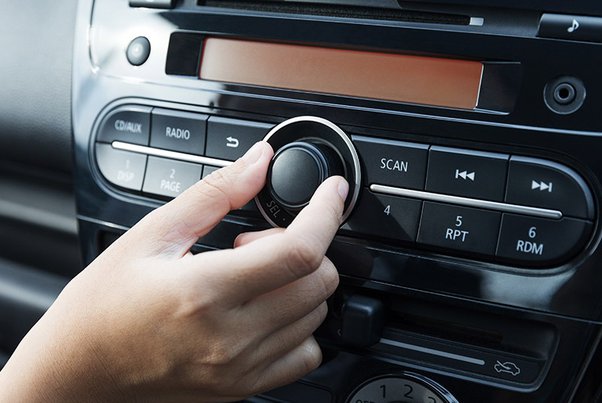Radio technology has been around since the early days of the telephone, but can it be replaced even with all of its benefits? The short answer is no. At least, not yet.
The long answer is no because of these five reasons:
- Radio Frequency (RF) is more than a technology.
It’s a lifesaver and a safety blanket. The proliferation of mobile devices, the Internet of Things, and WiFi systems have made it possible to send signals through the air almost anywhere we go. The technology allows us to get news updates, weather alerts, and live streaming of your favorite shows within seconds from the palm of our hand, from nearly anywhere in the world. The technology also keeps our cars safe by telling us when we are too close to another object. The ability for our devices to communicate with one another without requiring an internet connection is thanks to Radio Frequency (RF)
- Reach
Because all types of radio communication are generally available to all people in a certain area, the reach is second to none. Radio waves are everywhere and practically impossible to block.
- Privacy Laws & Regulations
Over the past two decades, laws have been passed to protect citizens’ privacy. Since radio frequencies are a public good and form of public domain, laws have been written to ensure that private conversations do not inadvertently become public. A perfect example of this is the Federal Communication Commission’s (FCC) Communications Act of 1934 and the rules & regulations that were subsequently
written.
- Radio Technology Is Reliable
Radio technology is always connected to a reliable power source – either your home’s electrical grid or a backup system. This means that unlike smartphones with dead batteries or Internet connections that go down, you will never experience interference in your wireless radio-controlled home.
- Location awareness and tracking radio technology are far better than GPS presents.
GPS relies on satellites, which are not available in locations that often lose satellite signal, such as underground and indoors. Satellite signals can also be weak and inconsistent, especially in places like tall buildings, forested areas, and near tall mountains.
- Safety
Two words: emergency 911. A major reason that many people choose not to go cordless is that they worry about the safety of their loved ones. In the case of a fire or a medical emergency, a cordless phone may not be able to reach the help you need.
- Multi-Phase Communications
Radio allows for multi-phase communications, which means that you can learn about a product at any time during the day, and the message will still resonate with you because radio is not time sensitive. For example, an ad on the radio for an amusement park will work during the same time slot throughout the entire season even though the park is only open during select months. This can help businesses re-engage with customers all year round. Another example of multi-phase communications is a restaurant coupon for 20% off, which would also work throughout the entire season as opposed to just one month out of the year like a print coupon
- Technology Has Not Yet Mastered Radio Transmission
Those who say radio technology is outdated don’t know that the technology is still being worked on. The most popular home radio system is XM radio. This technology is a subscription-based service user can use to listen to various types of music and news. However, there is no denying that the biggest flaw of this technology is its transmission power, as it has weak signals and dead spots, which are common problems in radio transmission.
- Gets Through Anything
Radio frequencies can transmit through almost anything, whether a hurricane, a tornado, or a flood. While other telecommunications methods will fail if there is no connection with a network or if the power is down, radio frequencies can transmit almost anywhere on their own. This has made them a great option for emergency situations where there are no landlines available.
- Interoperability With Other Devices
When you turn on your radio at home, you can listen to your favorite station or pop in a CD you purchased from a different store. The same interoperability can be applied to radio technology for the Internet of Things. In addition to connecting your lights to the internet through radio waves, an intelligent doorbell that uses LoRa technology can send a signal to notify you on your smartphone when someone’s at your door. But instead of just communicating electronically with your doorbell, you can choose to connect with other smart home devices like your lights or blinds.
- Installation
One big benefit of radio systems is their ease of installation. Most RF devices can be installed in just minutes, whereas DAS and wired systems can take several hours to install. In addition, with RF, there is no wiring to put inside walls or ceilings – which means that you don’t need significant construction experience or to hire a professional installer.
- Speed of Connection (or Lack Thereof)
Another pro of radio communication is that there is no time delay or lag time when using the device. This can be compared to the time that it takes for information to get to your mobile device when using Bluetooth technology or cellular data. On top of that, some systems require a secondary connection device before the correct information will display on your mobile device – whereas, with radio communications, the information coming from your car’s remote will immediately show up on your screen.

